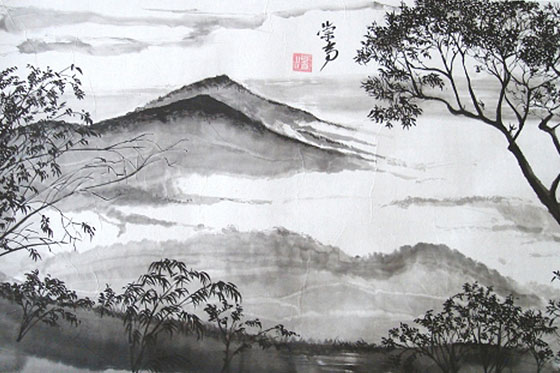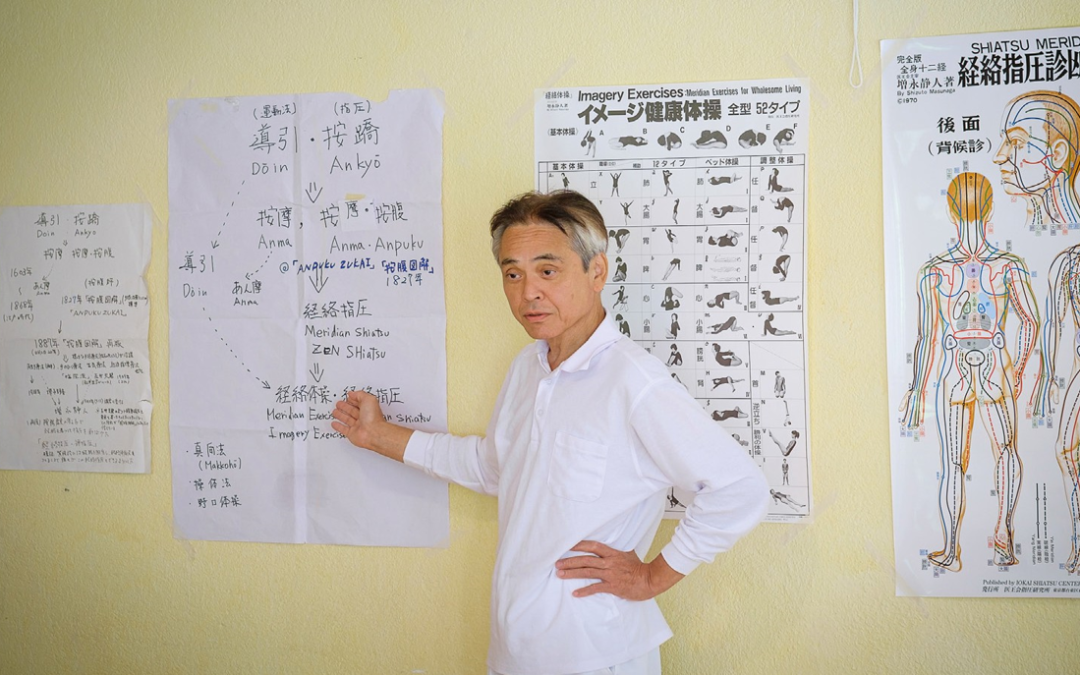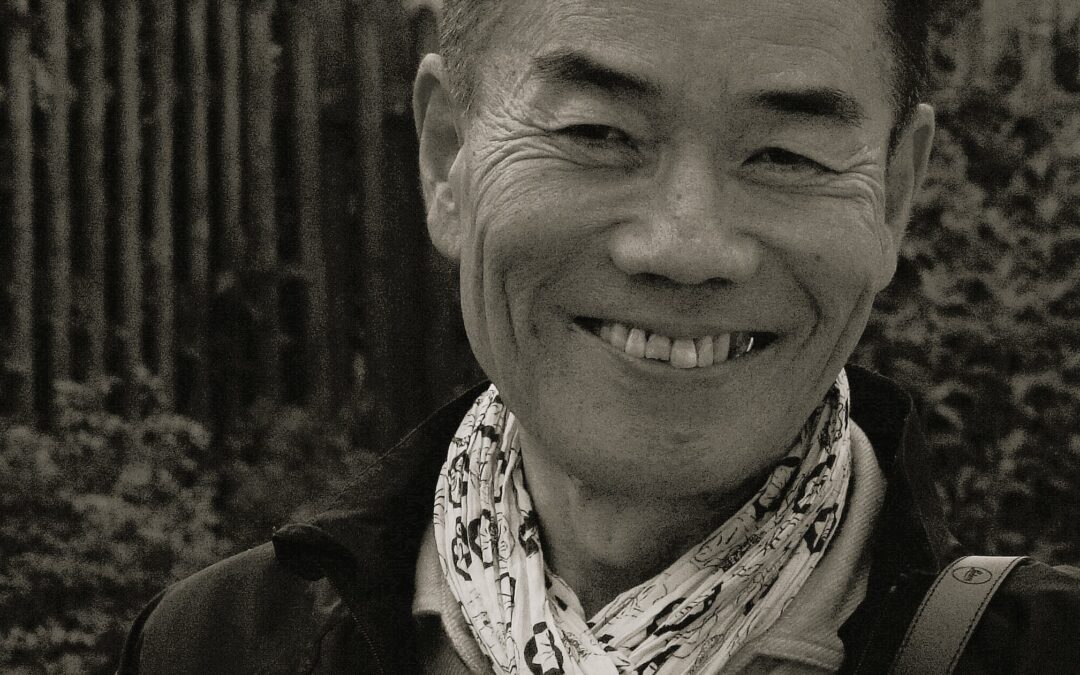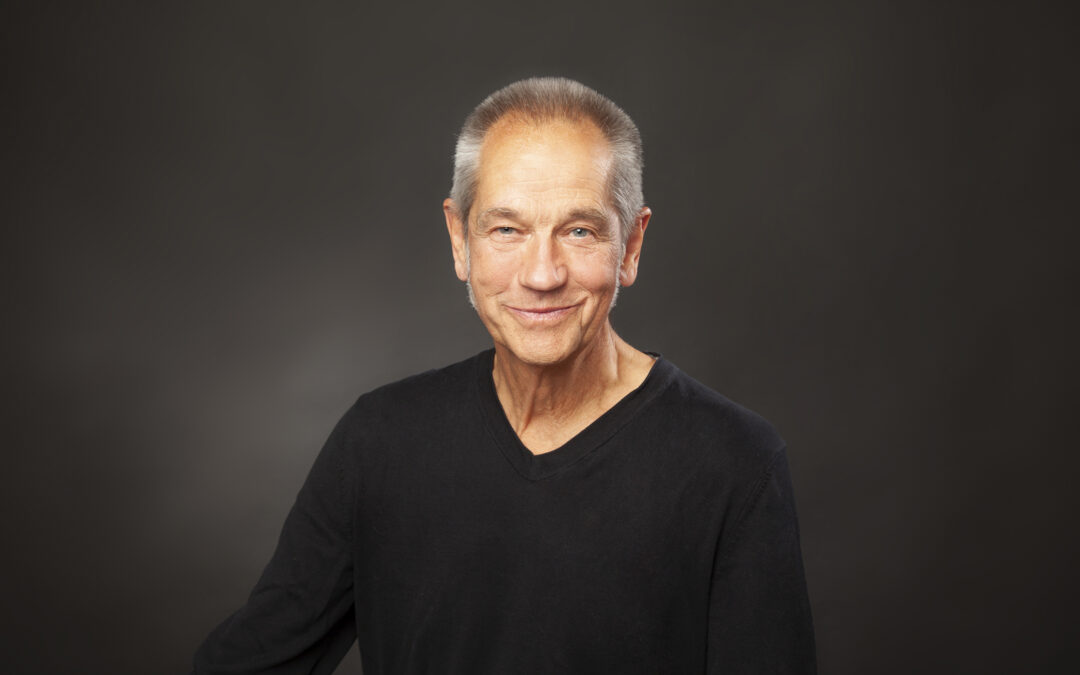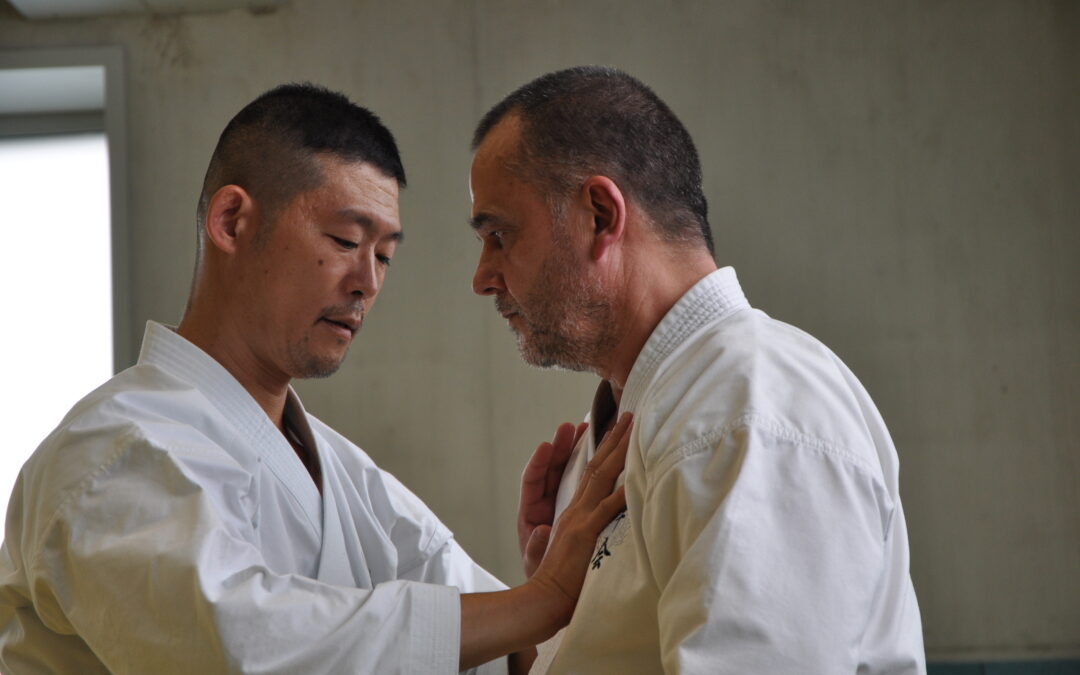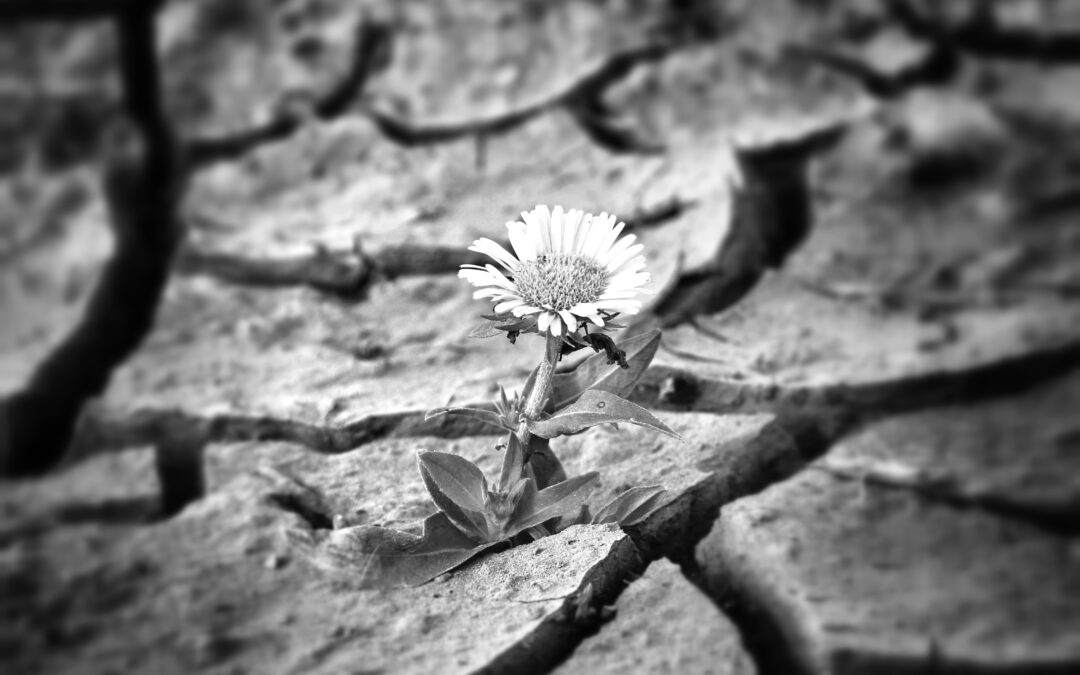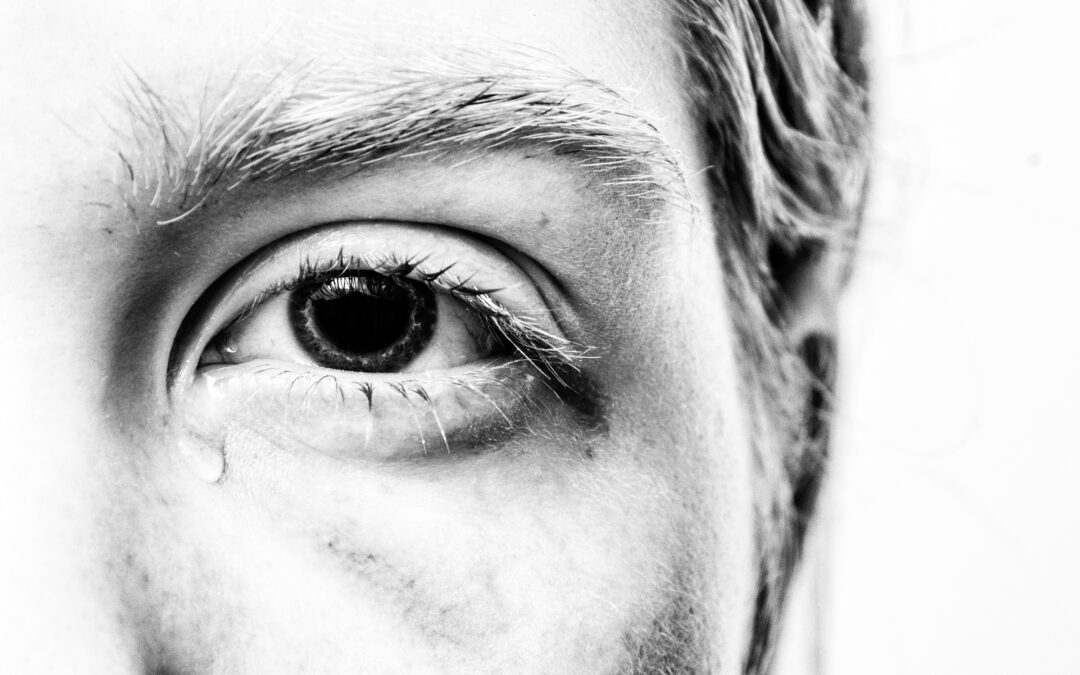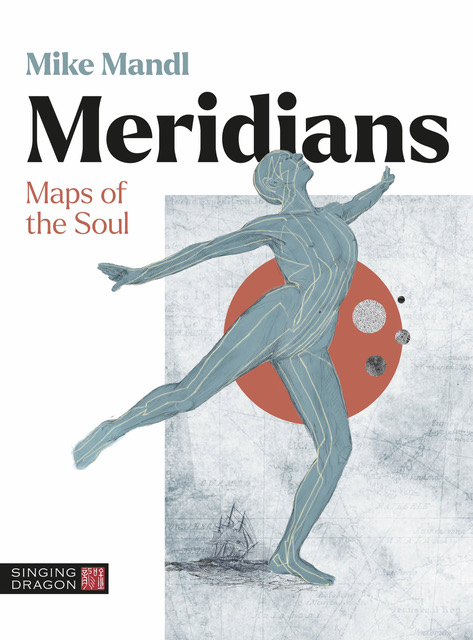While Mother Nature is in agony, everyone seems to be saying that something must be done and quickly. But what? No one seems to know much about what can save the environment and we continue our routine, our crazy consumption, our race against time and for money. Why is it that we can’t manage to change? There’s a good reason: the lack of feeling for our own nature. Shiatsu is a gateway to this revolution which can only come from within.
Today throughout the world it can be said that almost all the inhabitants of the planet are connected to each other via social networks and the Internet. As a result, the lifestyle of the richest is attracting the lifestyle of the poorest and the entire world population is engaged in a race to consume. As a result, it is now clear that everything is going down the drain: ice floes and glaciers have almost disappeared; we have the right to a gigantic extinction of species and of life in general; places that have not been soiled by man and his plastic no longer exist; the oceans are bins that are emptying of their oxygen, in short, the future is bleak and it is high time to change our behaviour. But we can’t do it. Why can’t we? The question is more and more debated by scientists, psychoanalysts, neuropsychologists? We analyse, discuss, write about it, question our brain, our emotions, our short-term vision, but nothing really seems to change, because apparently it is not enough to understand to change.
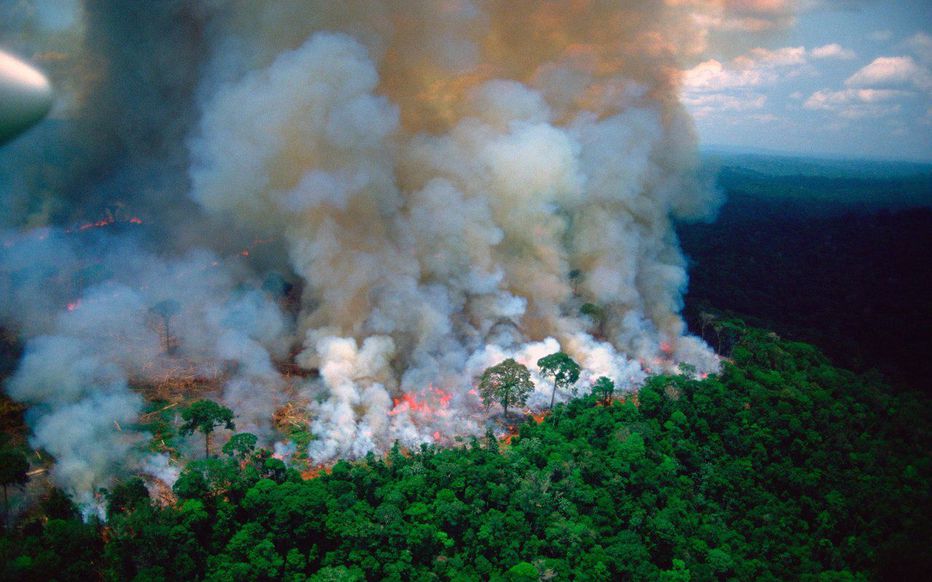
Feeling rather than thinking
In the end, what kills this world is the terrible cut of the human being to his environment, it is to have divided his being between body and mind, it is to have rationalized and forgotten the subtle, it is to have started to run after superficial chimeras (money, power) rather than to remain motionless to deepen from within, it is to listen to the external sirens of pleasure rather than to listen to the inner way that is constantly gagged. As a result, we have come to forget who we are and even that we have a body, except when it falls ill. And illnesses are always more numerous, like so many SOS sent by the body.
Personally, I hate the French philosopher René Descartes and his famous sentence “cogito ergo sum“. It is certainly not because we think that we are. Quite the opposite is true. It is because we exist, because we have a body that we can think. Unfortunately, the western world has been branded with this thought and we are its heirs, thinking we can change everything with the strength of our mind, bending the world to our will. Conclusion the world is dying!
This is where Shiatsu and meditation come into play. These two approaches to the world are sensitive, non-rational and non-scientific, which allow the sensitive, the felt, the emotions and the beauty to emerge. These two approaches, one for the physical body and the other for the mental body, have in common the immobility and the inner observation which both allow the feeling. Very often in Shiatsu people come out of a first session saying: “I don’t understand, I was fine when I arrived, but now I feel pain everywhere”. This is a mistake. The person wasn’t well. He or she simply wasn’t aware of her pains and Shiatsu brought them to the surface, to this awareness, which always tries to deny the problems and to affirm that everything is fine, that we can go on and on. By the way, feeling pain is not a divine punishment. The sooner we contact it, the sooner it disappears, since the message of the body has been well received and the Shiatsu practitioner has done his best to put the body back in its original homeostatic state.
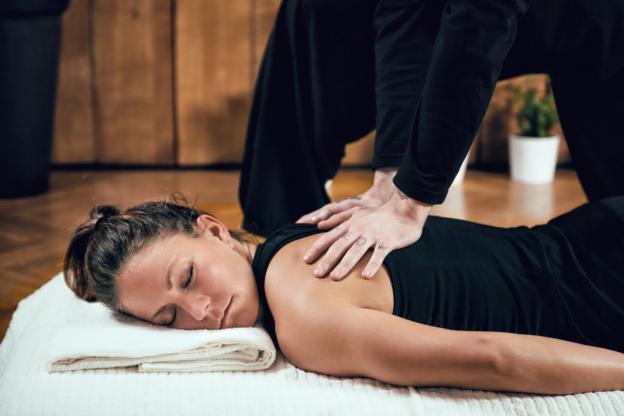
Meditation does the same and leads not only to inner peace, but also to feeling. Let’s think about an angry person. The reflex is to pour out his anger on other people who in turn will feel hurt and then angry. The meditator will get in touch with his emotion and observe it, feel it and ask himself where it comes from, where it goes through, what it triggers in him, where the flaw that makes him sensitive to this emotion comes from and how it communicates inside, is it really useful to him and finally feel the detachment from anger.
Meditation therefore involves observation to obtain the feeling. Shiatsu, on the other hand, first makes us feel in order to lead us to observation. In both cases, the saving process is in progress. To feel is to be present to oneself without going through the mental processes which filter and modify our vision, our perceptions and force us to judge. As soon as we judge, we divide. As soon as we divide, we cut ourselves off from the other, from ourselves, from the world. As soon as we judge, we allow negative emotions to pass. Examples: the body is dirty, sex even more. The soil is dirty, you have to wash yourself quickly, don’t have dust on you. Body odours, body fluids, blood are all disgusting, you have to hide, clean, sanitize all that. Death is infamous, it must be hidden. The wise man proceeds exactly the opposite, accepts what comes from him, from others as well as from nature, because this is how the world is. Who is he to judge nature? His own nature?
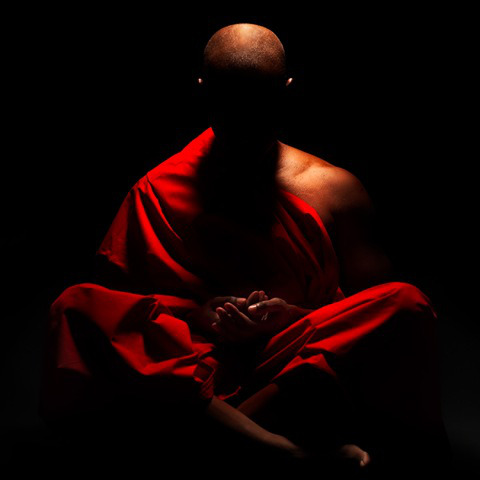
It therefore seems correct that changing the world must first and foremost involve a reconnection with oneself, with one’s body, with one’s feelings, accepting one’s weaknesses, faults, rhythms, differences with others, and common points too. In this way, we rebuild a link with ourselves, with human society and very quickly with nature as a whole. This is the starting point that will enable us to change and repair the world, through the science of ecology. This starting point is our inner revolution.
Inner ecology
According to the definition of the term “ecology” found on Wikipedia, we find that “Ecology or scientific ecology, sometimes equated with bioecology or bionomy, is a science that studies living beings in their environment by taking into account their interactions. This whole, which contains living beings, their living environment and the relationships they maintain, forms an ecosystem“. This definition is important because it allows us to grasp, after two minutes of reflection, that the interrelation and interdependence of all living things are the keys to understanding ecology.
Shiatsu, based on the fundamental principles of oriental medicine, is all about inner ecology. In these disciplines it is professed that :
- everything is related to everything
- the physical body, the psyche and the emotions are never separated
- Heaven and Earth are connected, with Man in the middle (just think of the importance of light on our life)
- organs and viscera are constantly in a supportive or controlling interrelationship with each other
- the seasons all have an influence on the body
- the cycles of vigil and activity are closely linked to balance the human being
- Man depends on what he eats and that what he eats modifies his inner chemistry and therefore influences his health.
- and many other wisdoms that are now more essential than ever…
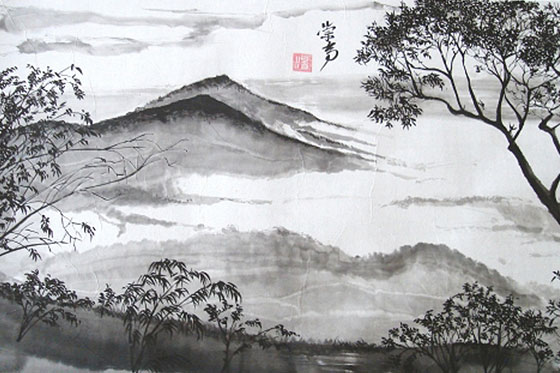
The study of oriental medicine leads us to study dozens of different theories that one might think incompatible. But the beauty of this system is that they are never cut off from each other, and they aren’t just intellectual theories, because they are all immediately usable and practical, very convenient in the hands of a well-trained practitioner. All the theories form an ecosystem of thoughts, which in turn are directly related to human matter, which therefore forms an ecosystem, a human being who himself constantly interacts, receiving and giving, with his environment, a larger ecosystem. Let’s take some simple examples: a person that Shiatsu relaxes, unties, rebalances is a person that is going to feel better. This feeling will give him/her a smile, will make him/her pleasant to his family or professional entourage. This entourage will in turn be influenced by the behaviour of this person and will feel better. Perhaps even that entourage will try to copy the person who is better and will in turn look for solutions of well-being, better living and better health as proposed by Shiatsu. During this time, as nothing comes for nothing, the person treated at the beginning of this example will question himself about his diet, his lifestyle, his rhythms, his priorities, his interactions with his environment. This is how Shiatsu can be a trigger that brings the individual back to self-respect, respect for others and a better interaction with his environment (family, social, professional, animal, natural).
The science of ecology is far from being a hobby for post hippies. They are scientists who detail and study ecology. As a result, they have cut ecology into branches, so much so that there is so much to study. The levels of organisation and the related sub-disciplines are :
- Ecophysiology, which studies the relationship between a physiological process and environmental factors;
- self-ecology (or auto-ecology), which studies the relationship between a type of organism and the environment;
- population ecology (or demecology), which studies the relationships between a population of individuals of the same species and its habitat;
- synecology, or community ecology (populations of different species, but sharing a common function, are grouped together under the term communities), which studies ecosystems;
- on a larger scale, ecosystems form groups studied by landscape ecology;
- global ecology, which studies ecology on the scale of the ecosphere or biosphere (all environments occupied by living beings).
These sub-branches of ecology are all present in the example given previously with Shiatsu. In the end, we didn’t invent anything. But Shiatsu shows all this with an astonishing basic postulate: touch triggers the feeling that realigns the person and puts him in contact with his inner and outer ecosystems.
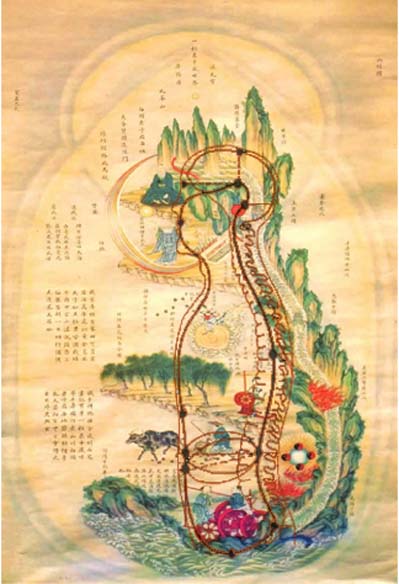
Cycles and time
There would be whole books to be written on the ecology of Shiatsu, but to reduce this article I will take two main notions to the realisation of the human being as a participant of Nature. The first is the notion of cycle. Nature only works on the principle of cycles which repeat themselves, but are never quite the same. The best known are the cycle of the seasons, the cycle of the years, the cycles of growth and decay, the cycles of life and death, the cycles of water, the day/night cycles, the menstrual cycle for women, and so on. But there are also more subtle cycles such as the cycle of complementary opposites (better known as Yin/Yang) which says that everything has its opposite which complements it and feeds on it, that every form will one day be transformed into its opposite (Yin will become Yang and vice versa, or day will become night, waves will become matter, evil will become good, etc.). We also find the notion of cycle with the elements (or natural forces) that constitute Nature, called by the Chinese cycle of the ” five movements “, well known to all the students of Shiatsu. The same applies to the cycles of evolution of man (8 years) and woman (7 years), and so on in many other aspects of life. The observation and the feeling of these cycles form the basis of the internal ecology proposed by Shiatsu. This is what Shiatsu students learn during their years of study. As soon as one of these cycles is disturbed or worse, becomes blocked, health rapidly declines and illness sets in just as quickly. The reactivation of one or more cycles (we speak in our language of energetic reharmonization) lifts this situation and brings the person back to a state of good health. There is nothing far-fetched or bizarre about this, but just an intimate understanding of the cycles of Nature in human beings.
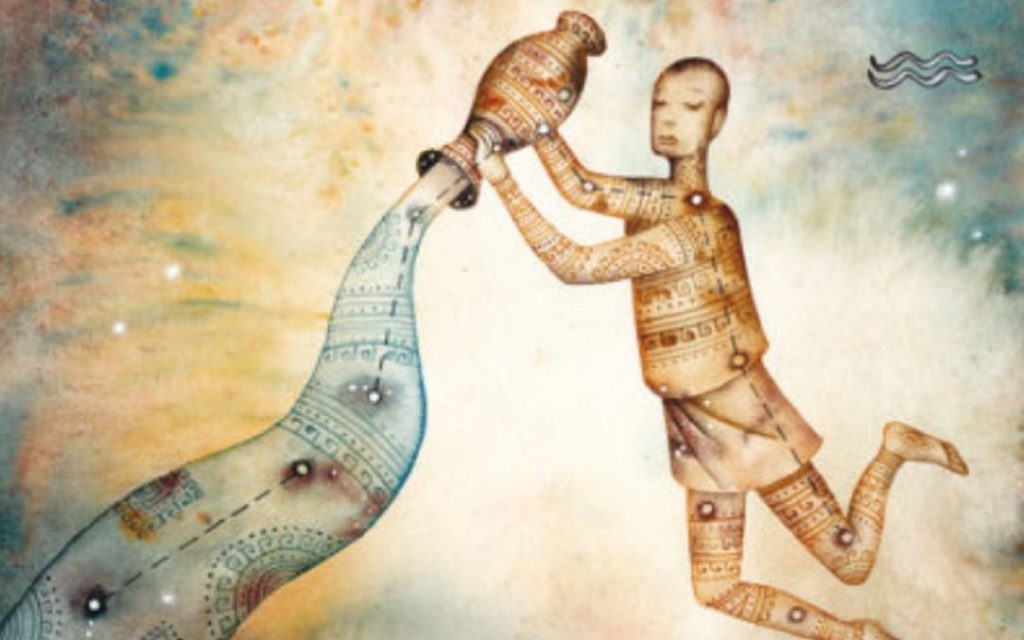
The second main notion is time. Nothing correct in Nature is done without taking a lot of time. Whether it is the birth of continents (a very vast amount of time for us humans) or the transformation of a seed into a tree that brings its fruit and shade, time is needed. To create a human being it takes years to find the right person to get along with and then to procreate, a period to which we must add 9 months of gestation, between 18 and 25 years of education and a whole life of love and support. Western man has lost this notion of time to discover that of the watch and the chronometer. As my African friends remind me, “we have the time, you have the watch”, which means everything about our loss of relationship with Nature. Shiatsu has, among its many effects, that of bringing an individual back to his or her own time. The time of the stages of life (childhood, adulthood, old age), the time of maturation, the time of sleep and activity, the time of digestion, the time of learning… This is the reason why everything that is done quickly, by running after the hours of a watch, can neither last for long nor be beneficial to the individual and by ricochet to his entourage, to his society, to his environment. On the other hand, anything that takes time allows for harmonious construction and respect for interrelationships and interdependencies, without upsetting them and creating chaos. This is the reason why a Shiatsu teacher will always refuse a brilliant student to skip a class, to study two years in one, to start too early on the reading of the classics of oriental medicine. In order to train a person well, it is necessary to take the time to feel, to transform, to integrate, to meditate, and not to function only on the rhythm of a school learning where you shovel notions without worrying about their deep acquisition. All learning must decant and this is why the notion of time is incompressible in Shiatsu. It is commonly accepted in our milieu that it takes 10 years to obtain a good practitioner, 20 years to have an expert, 30 to become a master. This is the time of maturation, the time necessary for everything to transform itself.
Back to natural health
In a global way Shiatsu participates in this return to natural health, that which takes the time to listen, observe and improve the human being. Without denying the fabulous progress of western medicine, surgery, psychology and pharmacology, it is high time to place all this in cycles and times that are adequate with each individual, respecting the internal and external interrelationships of the body. And ecology will then be able to create a new branch which will be “ecomedicine” and in which Shiatsu will figure prominently.
Enjoy your practice!
Author: Ivan Bel
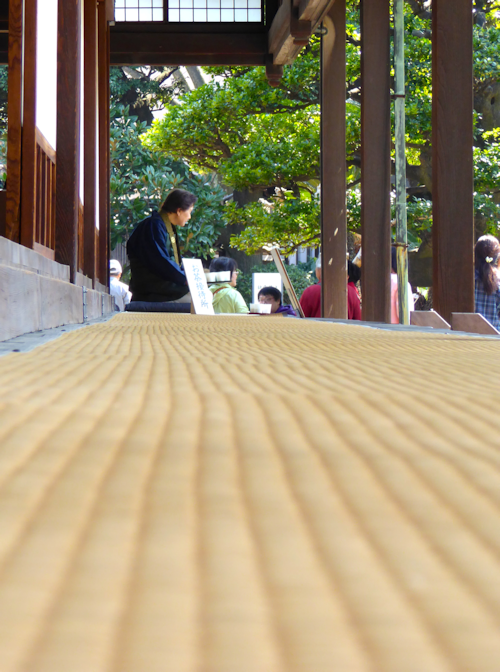
- Anpuku Workshop with Ivan Bel in London – 7 & 8th, June 2025 - 22 June 2024
- Summer intensive course: back to the roots of Shiatsu – 7 to 13 July 2024, with Ivan Bel - 27 December 2023
- Interview with Wilfried Rappenecker: a european vision for Shiatsu - 15 November 2023
- Interview : Manabu Watanabe, founder of Shyuyou Shiatsu - 30 October 2023
- The points that chase away Dampness - 11 June 2023
- Interview Mihael Mamychshvili: from Georgia to Everything Shiatsu, a dedicated life - 22 April 2023
